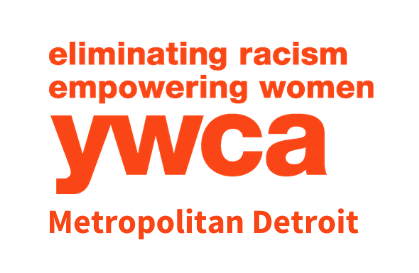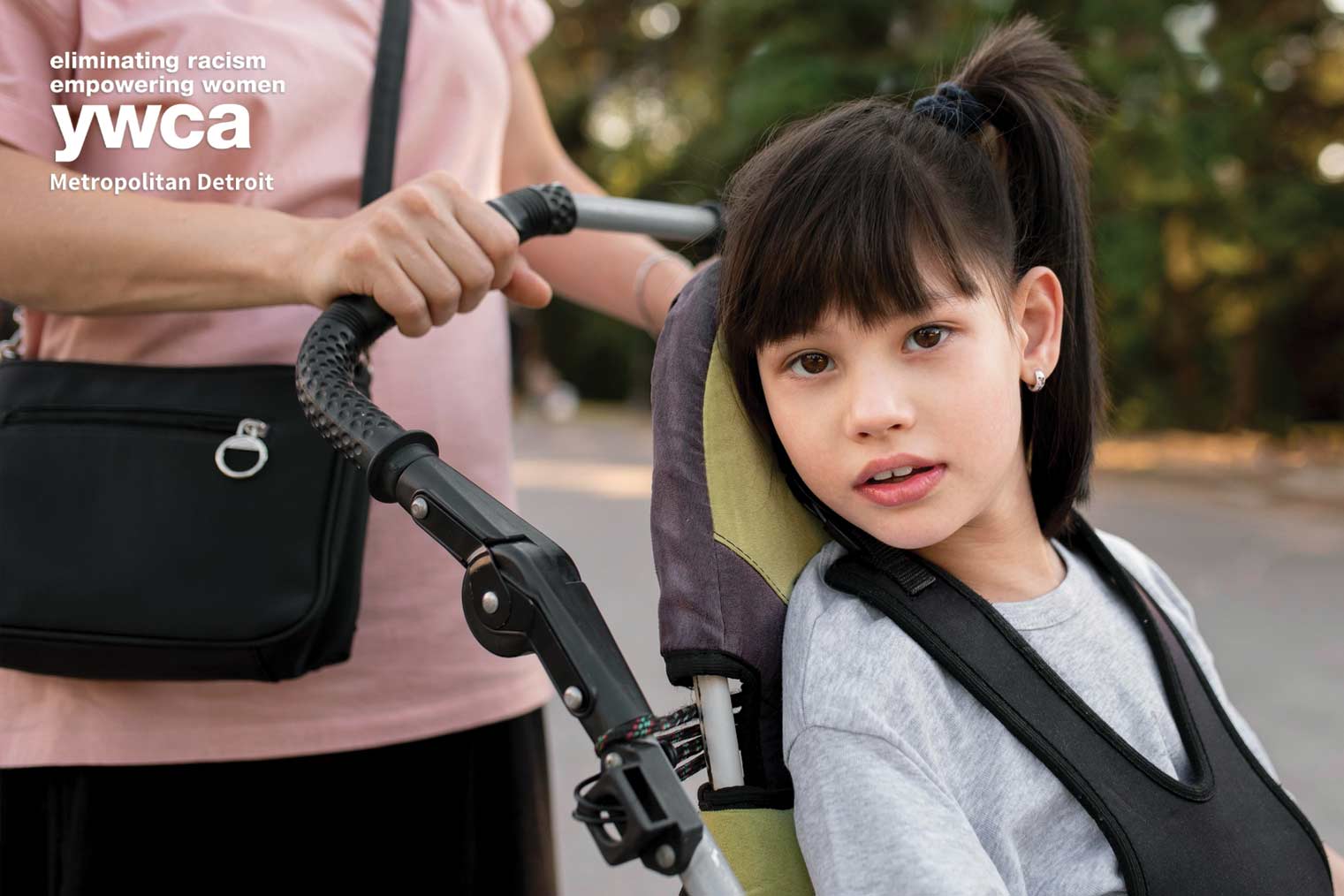
Signs of Trauma
Reexperiencing

- Thoughts and feelings pop into one’s mind.
- Reliving what happened, feels like its happening again
- Get upset at reminders
Avoidance

- Try to block it out and not think about it.
- Try to stay away from reminders.
- Feel numb or have no emotions
Increased Arousal

- Always afraid something bad will happen.
- More easily startled or jumpy.
- Trouble with sleep or concentration.
- Go into fight or flight mode.
Dissociation

- Things feel unreal like a dream.
- Trouble remembering parts of what happened.
- Freak out (disorganized and behavior no longer predictable or regulated).
If you feel that you experience any of the signs listed above and would like to seek help and resources, feel free to contact us at our YWCA Interim House, 24/7 Helpline (313)-861-5300.
You can also reach us at YWCA Metropolitan Detroit office, phone number (313)-259-9922.




